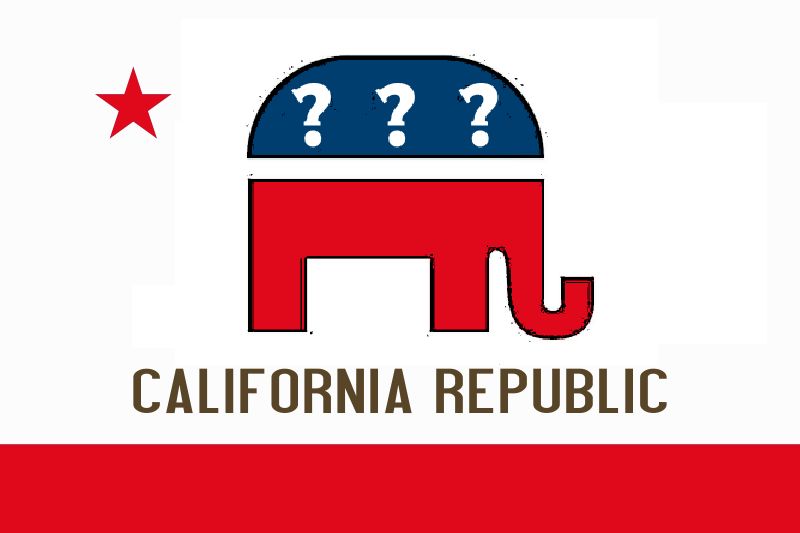California's central role in the Republican presidential primary

It's a much different electoral landscape in 2012 for the Republican Party. It's a landscape in which California plays a central role in the presidential nominating process, not because its primary comes early like New Hampshire or South Carolina, but because its primary comes so late in the process... and has the most delegates up for grabs.
The "front-loading" trend that has pushed state nominating elections earlier and earlier each election cycle hasn't prevented California from "back-loading" and scheduling its primary for June 5th this year after 48 other U.S. states and territories have already had their nominating events. Adding to this is Texas, which will hold its primary on April 3rd.
Having the two states with the most delegates up for grabs-- 155 for Texas and a whopping 172 for California-- so late in the primary election season changes the entire dynamic of the contest, and they're not even the only big states with late primaries. New York's 95 delegates won't be up for grabs until April 24, almost a month after Texas' late primary. It means that the race's front-runner, Mitt Romney needs to score decisive and sweeping victories in several of the eleven early voting states before Super Tuesday in order to prevent a long, expensive, and hard-fought primary battle that could run all the way to the national party convention.
Even then, Romney wouldn't have the nomination in the bag, as one of the other Republican candidates could still conceivably win enough delegates in big states to secure the party's nomination in August, especially since so many states this year-- including Texas, New York, and California-- are divvying out their delegates to candidates proportionally by congressional district. California won't be winner-take-all, but each of its 53 congressional districts will be. A strong game on the ground, sustained fundraising, and some national momentum could help whichever non-Romney candidate survives until June 5th to aggressively compete in California.
In fact, if a more conservative alternative to Romney emerges intact after the dust has settled in the early voting states, southern and mid-western states might stage a coup of the presumptive nominee and award many of their delegates to Romney's challenger. If the delegate totals are close by June 5th, California voters could end up deciding the outcome of the Republican presidential primary. That might have something to do with Mitt Romney's decision to leave the East Coast and settle in San Diego, California where he bought a $12 million home in 2010 and began making inroads into the community.
Putting California's primary so late in the game creates a playing field that will naturally favor candidates suited for the long, hard slog. Only candidates with a steady and reliable source of sustained donations will be able to weather the terrain, and at this point, the only two candidates that seem to fulfill that criterion are Mitt Romney and Ron Paul. No well-timed surges with a bit of good momentum will earn any candidates the nomination this time around. It's going to take big money and disciplined organization... all thanks to California.



